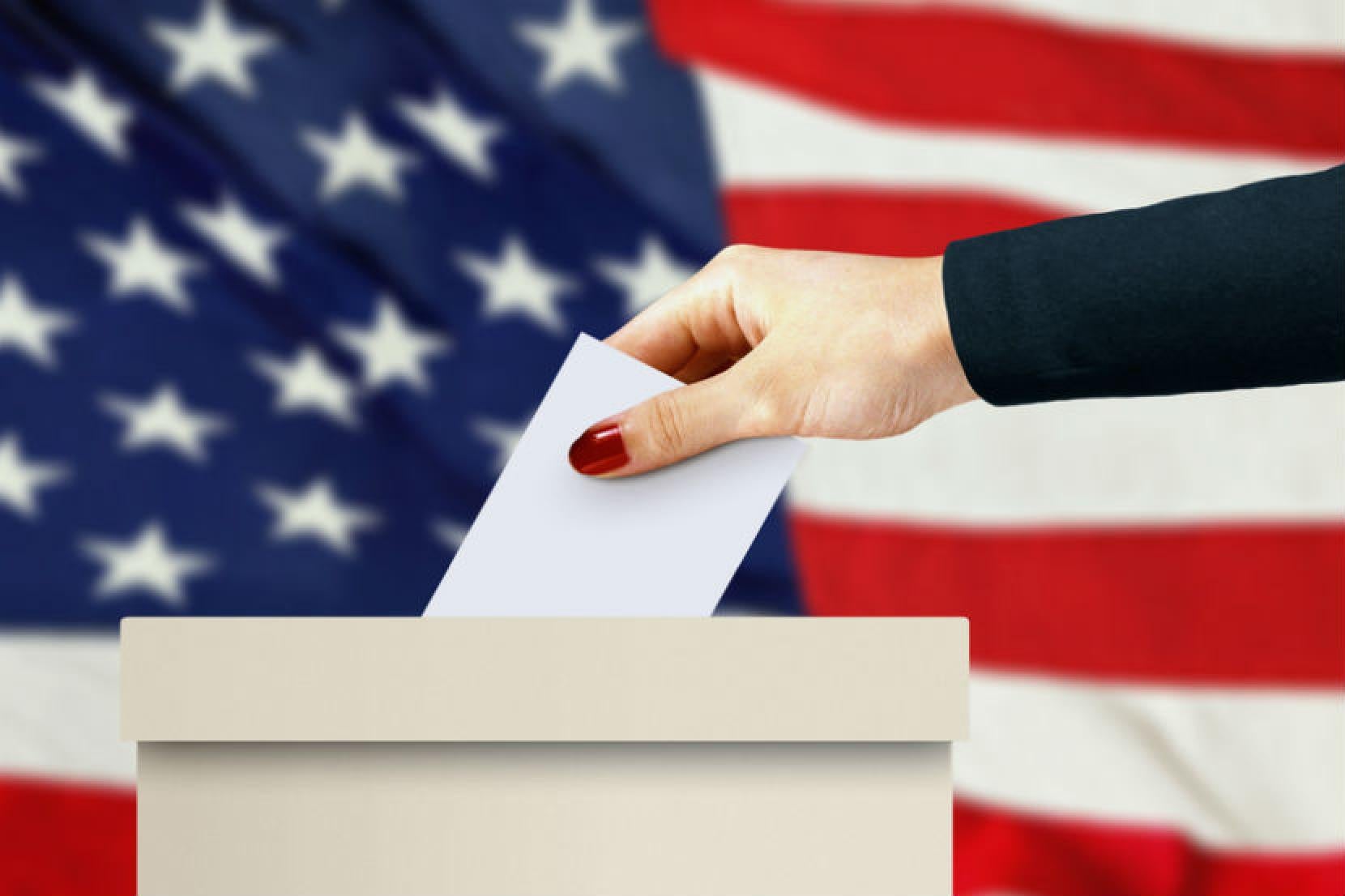It is strange that in America, the home to some of the top minds in the word, the political system is creaking along like a battered jalopy on its last legs.
The just-concluded presidential election highlighted two major issues in the American political system. First, the American electorate is more fragmented than ever, but many voters felt disenchanted not merely with the candidates of the two parties but also with the system itself. Second, the structural failings of the American voting system make this disillusionment more, not less, likely to persist.
Only by changing the electoral system itself can we accomplish a more equitable representation of the American electorate.
The much-maligned Electoral College, which divides the country into “safe” and “swing” states and diminishes the role of the popular vote, is only part of the structural problem.
The much larger concern stems from the first-past-the-post, single-member-district, winner-take-all voting system we have in place in the United States for legislative elections that encourages the formation of what are called catch-all parties.
Many times, voters are disappointed by either the choice of party candidate or the party platform itself, but have little opportunity to express their preference for an alternative candidate for fear of wasting their votes.
Some vote for the party whose platform comes closest to their beliefs, regardless of how they personally feel about the candidate representing the party. Others vote for the candidate whose position is most similar to their beliefs, sometimes crossing party lines to do so.
In either situation, the voter often feels disillusioned or at least unsatisfied, settling for a fragment of a party platform or an imperfect candidate.
But what if we could vote both our conscience and our party preference?
What if we could vote for a candidate we adore, but then also a party whose platform we admire? Surely such a system would be fair and more reasonable than the winner-take-all system we have now that creates such striking imbalances among parties and such partisanship among voters.
Such a system exists, and it goes by the tongue-twisting name of mixed-member proportional representation.
Essentially, voters get two votes: one for a candidate running in a traditional district, and the other for a list of candidates chosen by a political party. Winners of the constituency vote get elected to represent their district, and parties get seats according to the proportion of votes they received on the second, party vote.
Often, a minimum percentage of votes received is required for a party to garner representation via the legislature, which serves as a check against fringe parties. Parties are more representative of specific interests, and charismatic politicians make it in to power even if their party is small or weak.
Can this system work? It sounds more than a little un-American, and it is too complicated and unworkable, even anti-democratic. But it can, and does, work in many countries with vibrant democracies around the world.
Perhaps the most notable of these is Germany, the largest and most powerful state in a democratic Europe. With the two votes given to every German citizen via its mixed-member system, German politicians and political parties are dually (and duly) accountable. Parties differ greatly in platform and position, but the vitriol that so marks contemporary American politics is largely absent. Not without reason does Germany celebrate its role as the most stable democracy in Europe since the end of World War II.
And the most ironic part? The United States and the victorious Allies built it on the ashes of the Nazi regime as a way to consolidate a working democracy in the continent’s most war-loving country.
If we could rebuild Germany from a totalitarian dictatorship to the model of a modern democracy, we can refurbish this rickety relic we have here at home. The Electoral College and the American voting system have been broken for far too long. Now more than ever we need to change them both to something more modern and representative
Michael Mosser is the assistant director of the Center for European Studies at The University of Texas at Austin.
A version of this op-ed appeared in the Houston Chronicle.
To view more op-eds from Texas Perspectives, click here.
Like us on Facebook.




